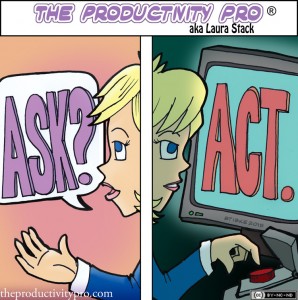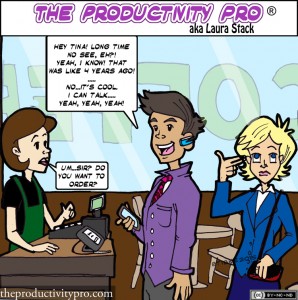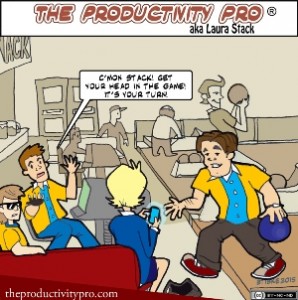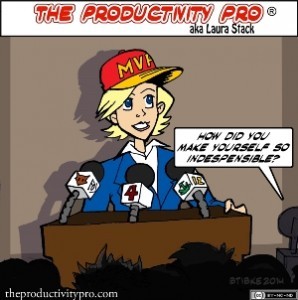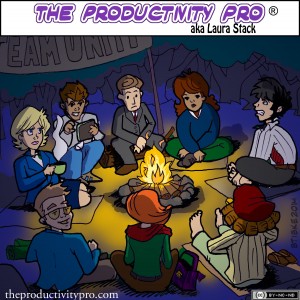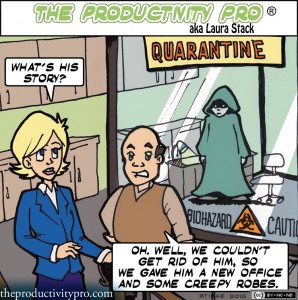
“If you can't get rid of a toxic team member, isolate them.” – Dan Rockwell, American business blogger at Leadership Freak. Few things kill productivity faster than a toxic teammate—someone so awful they poison the workplace environment. (click to tweet) You can work around or repair a lack of resources, poor training, terrible leadership, an uncertain future, shoddy work processes, even micromanaging; however, toxic workers destroy from the inside out. Like a cancer, their dissatisfaction and distrust eventually metastasize to others, leading to a sick team that nothing short of radical surgery can save. A bad attitude is contagious and spreads quickly. Unfortunately, team-wreckers aren't always obvious. Gossips, saboteurs, and unhappy loudmouths usually make themselves … [Read more...]
